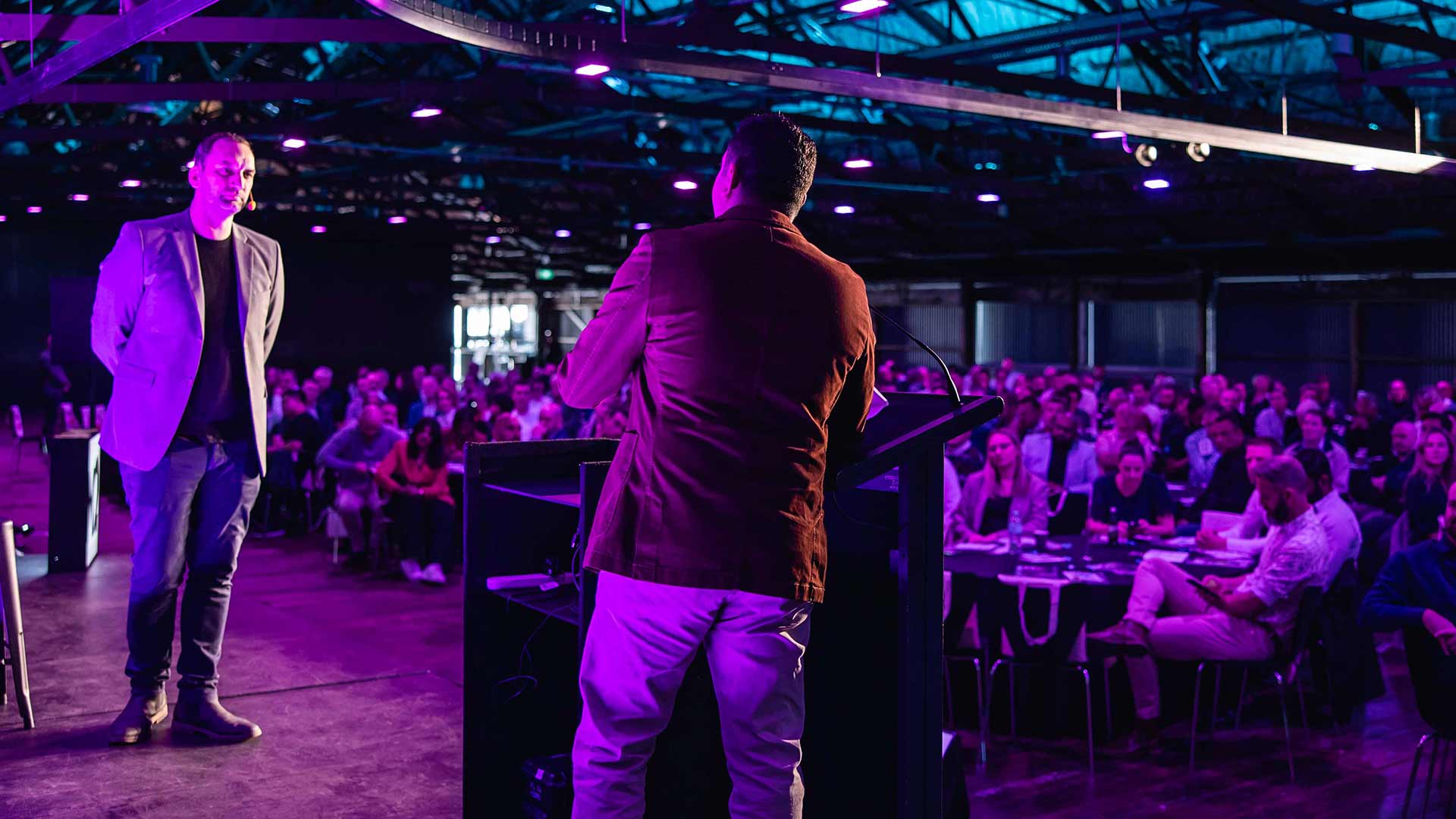AI: What’s Changed In The Last 18 Months?
Nikhil Ramrakhiani, the Chief Technology Officer at PieFunds, gave us an update on just how quickly the world of AI is moving. “AI is at the forefront of change,” Ramrakhiani began. “It’s rapidly transforming technology and innovation, impacting both our personal lives and complex business operations.”
The past 18 months have seen a dramatic acceleration in AI development. Since the introduction of generative AI models like ChatGPT, the pace of innovation has only increased. Businesses are integrating AI at an unprecedented rate, with more than half of data experts reporting the use of at least four AI systems within their operations. This integration spans from personalised content generation to AI-driven diagnostics improving healthcare outcomes.
One of the most exciting advancements Ramrakhiani highlighted was the emergence of multimodal AI. These systems can handle text, images, videos, and more, allowing for a richer understanding of the world. “Imagine an AI assistant that understands your question, gathers information, and not only provides a written answer but also generates a visual around it—all in real-time,” he said. This capability unlocks immense potential in fields like education, business operations, and scientific research.
A demonstration of a video generated by AI, depicting Golden Retriever puppies playing in the snow, showcased the practical applications of this technology. Such advancements are not just novelties; they represent a significant leap in how we interact with and utilise AI.
Ramrakhiani emphasised that AI is no longer a futuristic concept; it’s becoming a core part of modern business strategy. Over the last year, AI adoption among businesses has increased from 42% to 63%. This shift isn’t merely about automation; it’s about transforming how we work, learn, and interact. For example, AI chatbots can reduce customer service costs by 30% and boost after-hours engagement, leading to happier customers and a lighter workload for human employees.
Moreover, AI is playing a critical role in optimising business operations, from SEO and business automation to cybersecurity and inventory management. It’s also reshaping recruitment and supply chain management. On the consumer front, AI is making daily tasks easier, assisting with financial queries, travel planning, and even mundane tasks like crafting emails.
Ramrakhiani underscored the importance of making AI accessible to businesses of all sizes. Tools like ChatGPT allow small businesses to automate tasks such as customer service and content generation without needing extensive infrastructure or financial investments. However, he cautioned that the ethical and responsible use of AI is paramount. “Responsible AI means using AI in a way that benefits people and society while minimising risks and biases,” he noted.
The European Union’s AI Act and the increasing number of AI-related regulations in the United States highlight the global emphasis on responsible AI. New Zealand, too, is developing a responsible AI framework, ensuring that technological progress aligns with the country’s values.
Looking ahead, Ramrakhiani predicted that low-code or no-code AI platforms would make AI adoption even easier, allowing anyone to build and use basic AI models without coding. He also highlighted the emergence of AI agents, which are set to revolutionise customer service and other business operations by understanding context, planning ahead, making decisions, and executing tasks.
In closing, Ramrakhiani stressed the importance of preparing for this AI-driven future by investing in staff training and adopting policies for the responsible use of AI. “Remember that AI, as powerful as it is, enhances rather than replaces the human spirit,” he concluded. “AI serves to amplify our creativity and brilliance.”


